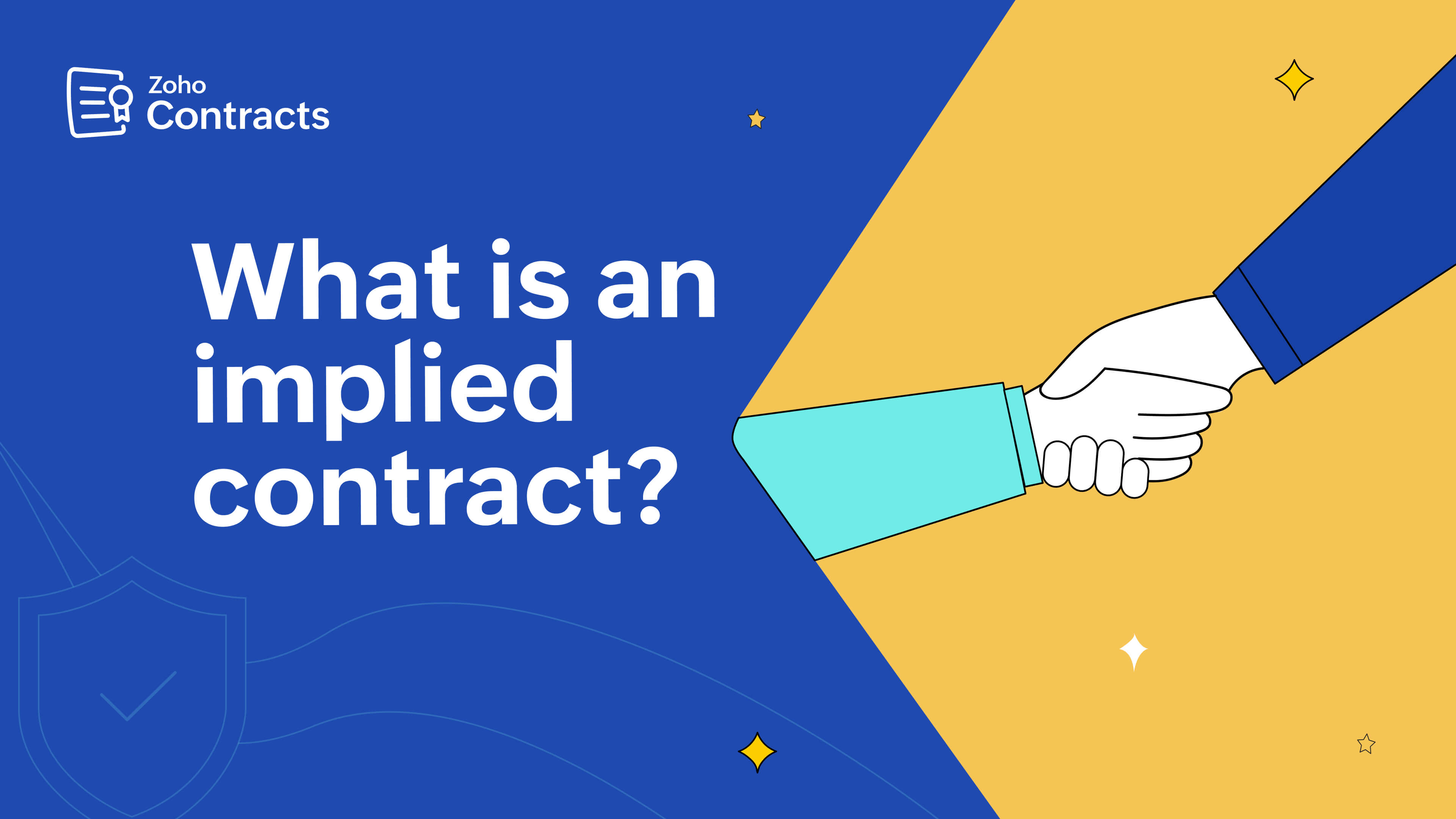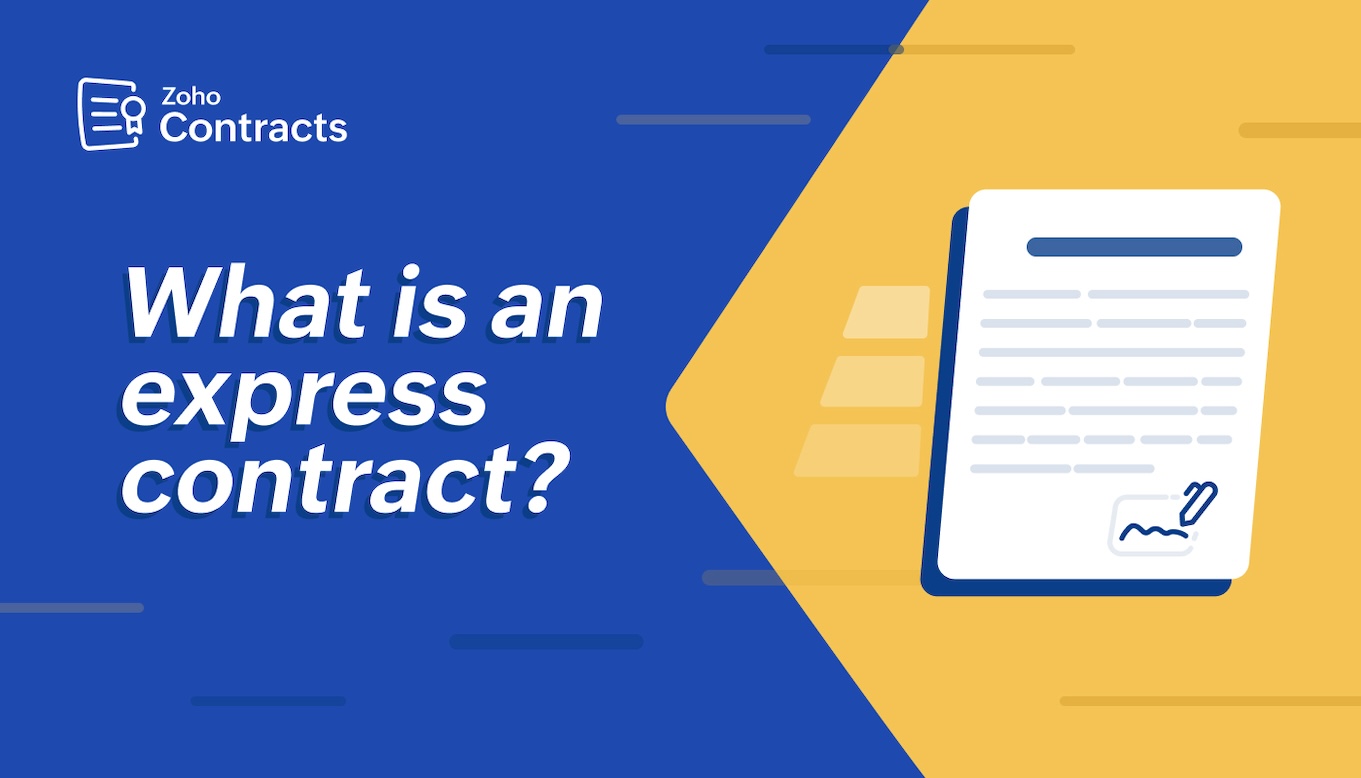- HOME
- Contract Management
- What is the actual meaning of CLM?
What is the actual meaning of CLM?
- Last Updated : July 23, 2025
- 757 Views
- 3 Min Read

What does CLM mean, and how can you use it?
CLM stands for Contract Lifecycle Management. It refers to the process of managing contracts from their creation to execution, renewal, or termination. The typical stages in a CLM process include initiation, authoring, approval, negotiation, execution, obligation tracking, renewal, amendments, and termination.
While the term CLM referred to the process of contract lifecycle management initially, it’s evolved over the years. As more businesses adopt digital tools to streamline and automate their contract lifecycle stages, CLM is now used to refer to the software rather than just the process. This shift in terminology is similar to the evolution of the term CRM, which initially described the process of managing customer relationships but is now commonly associated with CRM software solutions.
What does CLM software do?
Centralize contracts and contract data with controlled access.
Accelerate contract creation using templates and a clause library.
Automate repetitive tasks such as approvals, renewals, and reminders.
Seamlessly negotiate contracts online with features like redlining and version control.
Speed up the contract execution and onboarding processes with built-in e-signature capabilities.
Facilitate collaboration across departments like Legal, Sales, HR, and Procurement for reviews and obligations fulfillment.
Glean strategic insights from contract data through analytics and reports.
Ensure compliance with organizational and legal standards.
Leverage AI capabilities to streamline CLM, from faster authoring and revisions to reduced legal dependence and improved compliance.
Why do businesses implement CLM software?
To streamline the entire contract lifecycle
CLM software eliminates toggling between multiple tools, such as word processors, email applications, spreadsheets, and digital signature software. It streamlines the entire contract lifecycle, including post-execution stages, through user-friendly features that help organizations reduce contract cycle times.
To mitigate business risks
Risk is inevitable in any business, especially with global disruptions like the pandemic and evolving data protection regulations. Contracts, which generally include critical terms and obligations, are key in managing these risks. Unfulfilled obligations can lead to legal, financial, and reputational damage. Modern CLM tools, through a dedicated obligation management module and timely reminders, help mitigate such risks.
To improve governance and compliance
Implementing the right CLM system facilitates key capabilities that help improve compliance and governance. For example, configurable workflows for reviews and signatures keep stakeholders informed of potential risks and opportunities, ensuring better governance. A centralized repository and an audit system that provides all user and contract activities ensure visibility, control, and accountability. Additionally, analytics and reporting capabilities help identify contracts that require changes due to new regulations or company policies and implement them promptly.
Does your business need CLM? Ask yourself these questions:
1. Is your team investing most of their time in paperwork instead of focusing on high-value tasks and strategic initiatives?
2. Do you maintain multiple templates for the same contract type to accommodate minor variations?
3. Are your contract templates scattered across different folders, making it hard to ensure that your team uses the latest version?
4. Is tracking the changes made during negotiations and comparing different contract versions difficult?
5. Are you still relying on emails, printouts, and scan/fax cycles to get contracts signed?
6. Are you able to find an active or terminated contract quickly when needed?
7. Do you actively track contract obligations to ensure they’re met?
8. Have you missed renewal opportunities because you didn’t receive timely alerts or reminders?
9. Have you ever lost a deal or sales opportunity because of slow contract turnaround times?
10. Do you account for the operational costs of contracting in your overall spend under management (SUM)?
Looking for a CLM tool to simplify contract management? Zoho Contracts can help. Book a demo now!
 Heleena
HeleenaHeleena is a writer based in Chennai, India.


